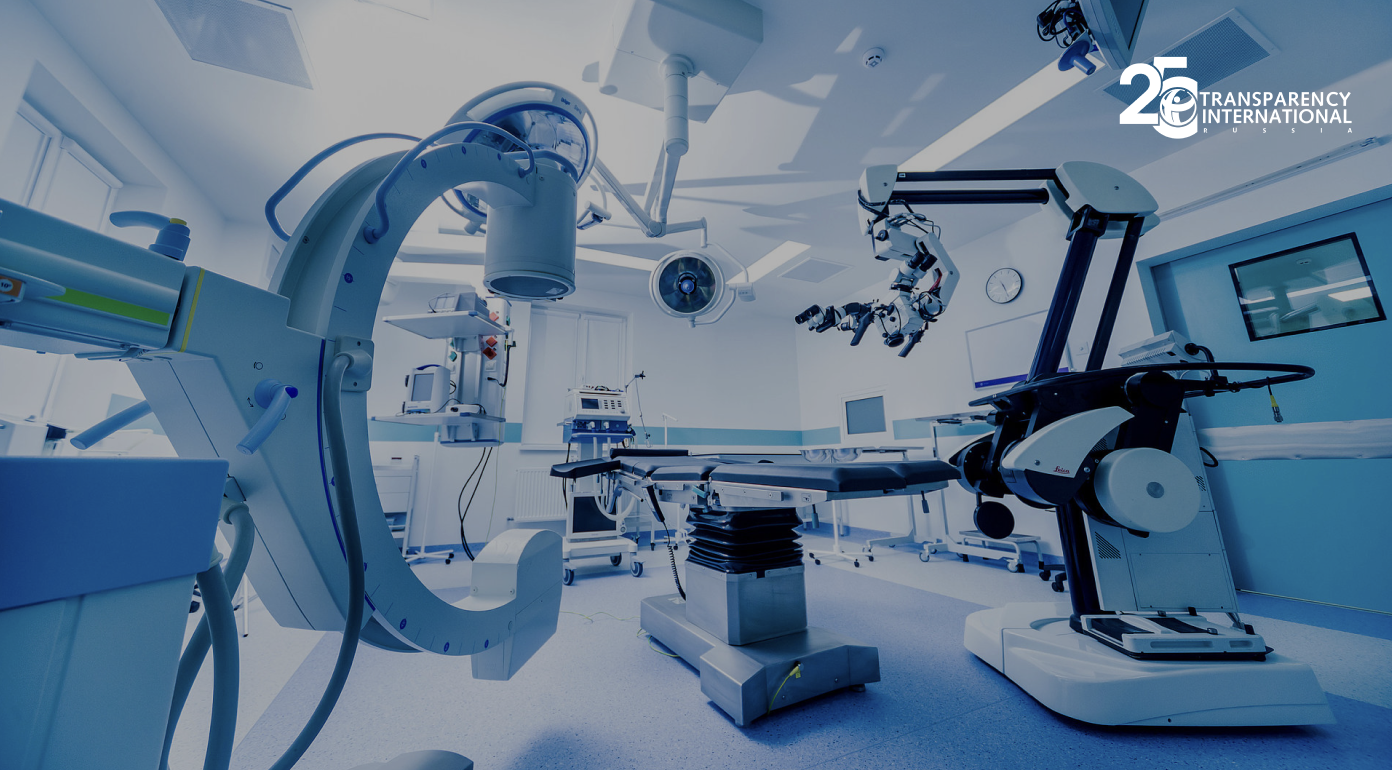Transparency International Russia has released a new report exposing corruption risks and irregularities in the supply chains of high-value medical equipment to Russia. The investigation reveals how intermediaries in countries such as Kazakhstan, Belarus, and Kyrgyzstan are facilitating the import of equipment like MRI machines and CT scanners into Russia. These supply chains often bypass manufacturers’ oversight, leading to inflated prices, lack of warranties, and potential fraud.
The report analyses customs data and market trends from 2022 to 2024, uncovering over €5 million worth of suspicious shipments entering Russia through “grey” supply chains. It highlights cases where intermediaries inflate costs and distribute equipment without proper documentation or guarantees, posing significant challenges to transparency in the global medical supply chain.
“The market for high-tech medical equipment carries significant corruption risks,” explains Natalya Korotonozhkina, an analyst with the Dirty Money workstream of Transparency International Russia. “This is due to the highly variable nature of pricing for items like MRI and CT scanners, which depend on their configuration and logistics. This variability makes it challenging to assess whether price increases are justified or deliberately inflated. The situation becomes even more opaque when it comes to second-hand medical equipment.”
The report underscores the increasing complexity for Western manufacturers in maintaining oversight over supply chains amid geopolitical tensions. While medical equipment is exempt from many sanctions, the lack of due diligence in these supply chains raises ethical concerns and reputational risks for manufacturers. It also puts patient safety in Russia at risk.
“Since the start of the full-scale invasion of Ukraine, this situation has worsened,” Korotonozhkina adds. “To bring medical equipment from the U.S. and EU, Russian importers must rely on intermediaries in third countries, including trade and payment agents, as well as transport companies. Importers claim that complex logistics and payment challenges make final pricing unpredictable. However, this uncertainty benefits corrupt actors and dishonest suppliers who inflate prices through shell companies or affiliated intermediaries in ‘friendly’ countries. We urge responsible manufacturers to exercise greater caution in selecting intermediaries and call on Western producers to enhance their scrutiny of supply chains, particularly those involving high-risk intermediaries.”
Transparency International Russia calls on Western manufacturers to strengthen oversight and ensure compliance with international standards. This is a critical step to mitigating corruption risks and restoring trust in the global medical supply chain.

